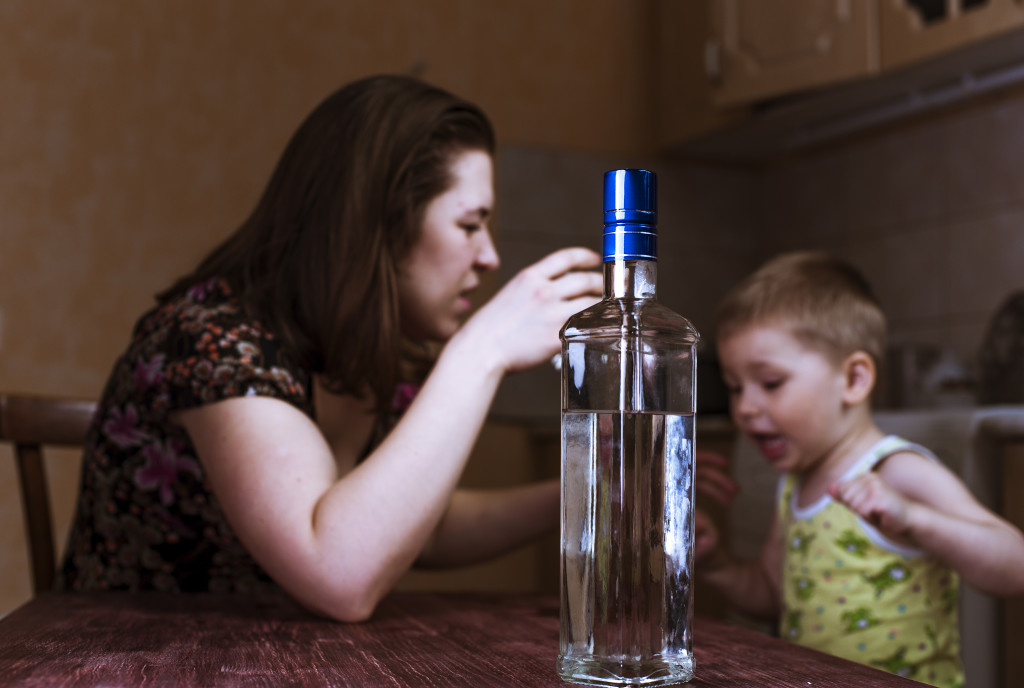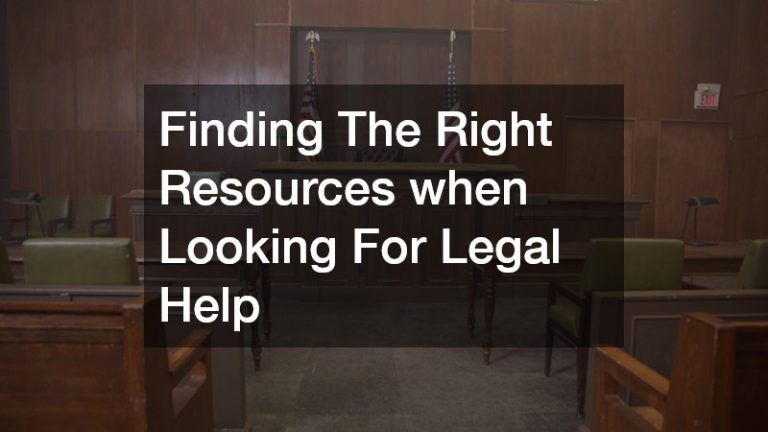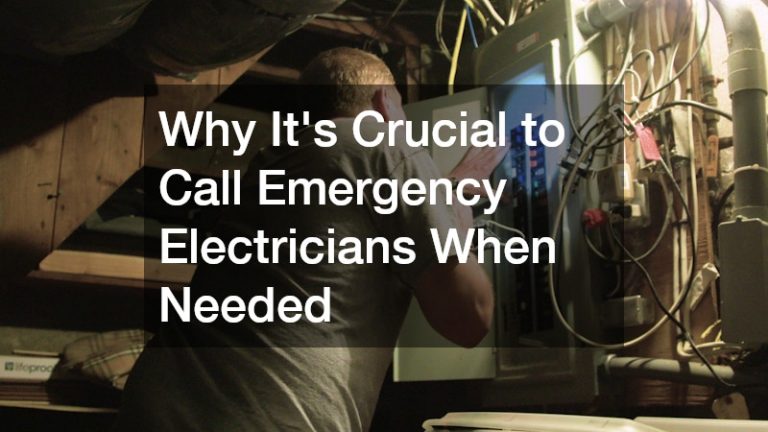• Parental neglect is any action or inaction by a parent that fails to meet their child’s basic needs.
• Warning signs of parental neglect include unsupervised children, malnourishment, or poor care.
• To address parental neglect, offer support and resources to the family.
• Taking action to protect children from neglect is essential for ensuring their safety and well-being.
Parents are essential to a child’s development. When parents neglect their children, however, they can be at risk for serious physical, emotional, and developmental issues. Community members need to understand how to identify and address parental neglect when it occurs.
What is Parental Neglect
Parental neglect can take many forms; it is defined as any action or inaction that fails to meet a child’s basic needs. This includes physical needs such as food, clothing, and shelter, as well as emotional needs such as love, support, and guidance. It also includes medical needs such as taking a child to regular doctor’s appointments or getting necessary vaccinations.
Here are things you should know about parental neglect:
Signs of Parental Neglect
Although no single sign indicates parental neglect in every situation, some common warning signs should alert community members to possible neglectful behavior. These include:
- A child who is frequently unsupervised or left alone for long periods
- A child who appears malnourished or poorly cared for
- A child who lacks necessary medical care or has untreated injuries
- A child with inappropriate clothing for weather conditions
- A parent who appears indifferent or hostile towards their child.
If you notice any of these signs in your community, it is important to take appropriate action to ensure the safety and well-being of the affected children.
What Can Be Done
Fortunately, as a community member, you can act to help protect any child who is being neglected. Since a child is involved, acting fast to protect their safety is better. However, it is still important to remember that each situation is unique and will require tailored approaches. Here are some tips to consider:
Understand the Situation
The first step in addressing parental neglect is understanding why it happens in the first place. Some parents may suffer from mental health disorders or substance abuse problems that make it difficult to adequately care for their children. Others may have suffered traumatic experiences themselves, which prevent them from being able to provide the kind of care that children need. Understanding these underlying causes can help you better respond to cases of parental neglect in your community.

Offer Support or Resources
Once parental neglect has been identified, you and other community members need to reach out and offer support and resources where possible. Sometimes, this might mean offering parenting advice or helping a family access food banks or shelters if they cannot provide adequate food and shelter on their own. It could also mean referring families to counseling services so parents can learn how best to support their children’s growth and development.
Constantly Monitor the Children’s Well-Being
It is important to constantly monitor the children’s well-being. This means regularly checking in on them and talking to other adults who know or come into contact with them. If any signs of neglect or abuse arise, these should be reported to local authorities as soon as possible so that proper action can be taken.
When to Seek Professional Help
If the situation is too complex or you feel that the parents cannot adequately care for their child, it may be necessary to seek professional help. This can include reaching out to the following:
Child Protection Services
The local child protection services can investigate allegations of neglect and take steps to ensure the safety and well-being of a child. They can put the child in a safe environment and arrange appropriate services to help the family.
Mental Health Professionals
If the parents are struggling with mental health issues or substance abuse, it is important to seek professional help from mental health professionals trained to deal with these situations. They can provide valuable advice on how best to support the family and ensure the child is safe.

Legal Services
Legal services should be contacted to protect the child’s rights if a child is being neglected or abused. This might include getting a lawyer who can help guide you through the situation and ensure that any appropriate action is taken, such as filing a court order or seeking an emergency removal of the children.
Social Services
Social services can provide the family with support services, such as respite care, counseling, and therapy, or access to housing and food. These services can help families stay together while helping them get the resources they need to better care for their children.
As a community member, you have the power to help protect children from the dangers of parental neglect. Understanding the warning signs and taking appropriate action can make a positive difference in your community and help ensure that all children have access to safe, loving environments.






